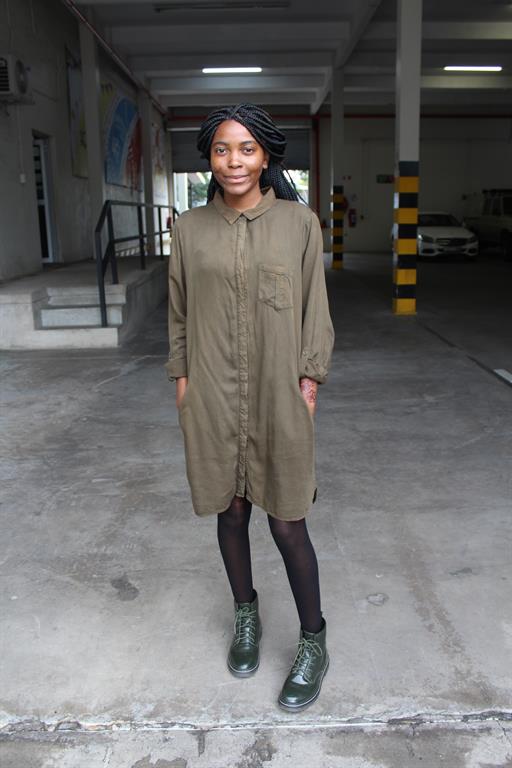Humility is royalty without a crown
Justicia ShipenaGive yourself a pat on the back; you have worked hard to get to where you are in life.
In high school you were probably near the top of your class, president of nearly every club and did a gazillion hours of service.
You may have already scored that prestigious internship or learned five languages.
I am complimenting you on all your accomplishments, in the hope that you will not take what I say next too personally: It is time to get over yourself.
I mention this not to belittle what you have done, but only as a reminder of the harsh truth that we, as youth, are really not ‘all that’. We are not that intelligent, witty or clever. We are not that hardworking, passionate or spirited.
We are not really revolutionising the way the world runs. In fact, many of us, objectively, have done very little and much of this has been solely to advance our own resumes.
I will admit my own flaw of humorous hubris. It is a breath of fresh air to realise how insignificant we really are and shrug off our own vainglorious presumptions.
All this may come as quite a shock. After all, we have been told our whole lives that we are special, that we have some assortment of talents and gifts that separate us from the typical human. Yet we are no different than the illegal immigrant, the poor mother of five, the homeless beggar or the refugee. In the end, we are all broken.
Brokenness comes in different forms. Around the world and right outside our main gates, countless people yearn for sustenance, for security, for shelter, for companionship. However, what we often fail to recognise is the hidden, invisible brokenness that pervades much of our own society in well-off neighbourhoods, as well as poorer sections. We readily forget that everyone is broken and that brokenness is a truly human characteristic. Our generation suffers from a paucity of satisfaction in a time of great material prosperity. We are surrounded by unimaginable amounts of knowledge, yet we cannot be convinced of even basic values. We have been taught that failure is not an option, and that our identity is built solely upon what we have accomplished. All of this leads to an internal struggle, as we strive to mend an inner-brokenness that, for the most part, we refuse to acknowledge. Accepting our limitations, our brokenness and our failures is the beautiful gift of humility, a word from the Latin root humilis, literally translated as ‘on the ground’ Humility teaches us that it is ‘OKAY’ to fail; it can be a learning experience. It transforms social justice from a patron/client relationship to a symbiotic connection. Just as we can help those less fortunate, so too can they teach us countless lessons of another kind. Humility unveils the brokenness all around us and reveals the poverty of our own lives. It can make our service and good deeds less like excursions and more of a lifestyle.
The accomplishments we achieve and the service we do are not inherently malevolent, provided we realise our limitations and act with pure intentions. It is, however, a bad idea to see university as many of us saw high school; as a place to focus on building ourselves up. It is time to put childish things away. It is time to ask ourselves what we would do differently with our lives, where we are right now and what would happen if we remain here for 40 years, instead of moving on after four years. Perhaps it will be a lifetime of many failures and few accomplishments, but perhaps it would also be one of humble learning and greater understanding.






Comments
My Zone
No comments have been left on this article